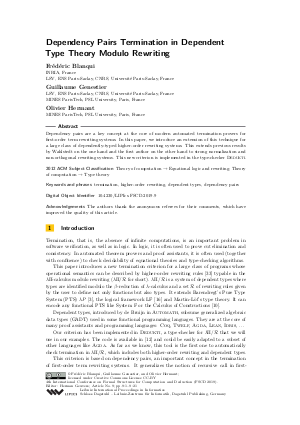LIPIcs.FSCD.2019.9.pdf
- Filesize: 0.59 MB
- 21 pages

 Creative Commons Attribution 3.0 Unported license
Creative Commons Attribution 3.0 Unported license




Feedback for Dagstuhl Publishing